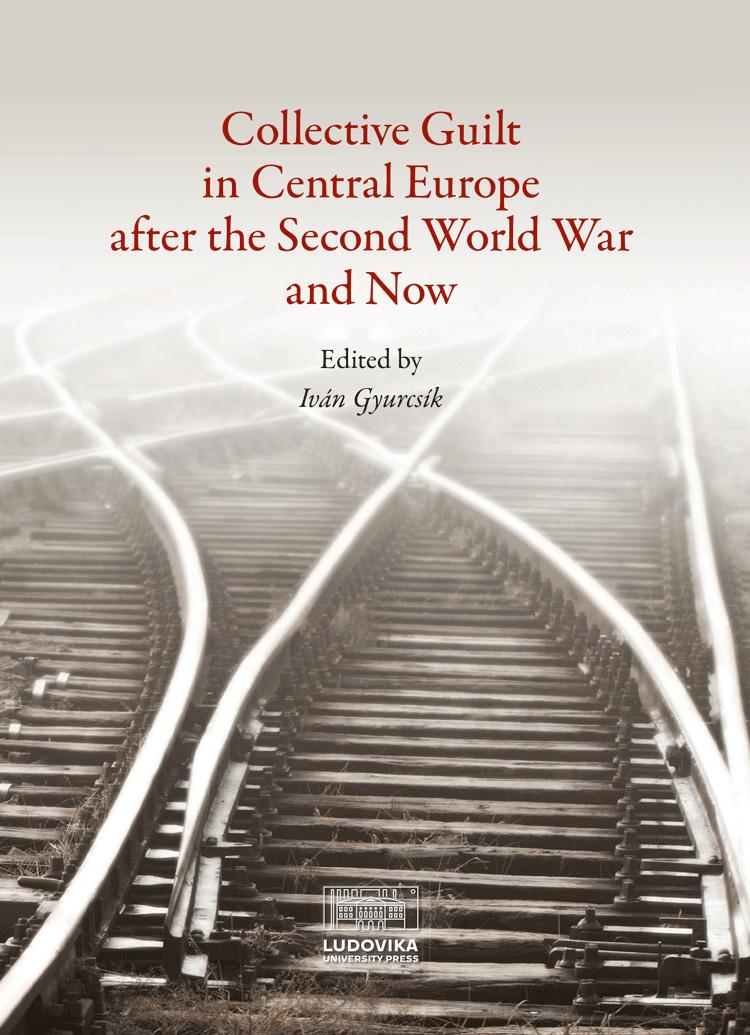
Collective Guilt in Central Europe after the Second World War and Now
Synopsis
This book contributes to the academic debate oncollective punishment–guilt in Central Europe in the post-World War II era and its consequences to the present.
In this region, most collective restrictive measures were introduced during or immediately after World War II, in an atmosphere of trauma and revenge.
The book is premised on the need to realise and understand the logic of reparative actions in every post-conflict situation. Recognition of the facts, moral compensation and material compensation are equally important in this process.
The articles in this volume address not only the legal and moral questions, but also touch upon the problems of historic reconciliation and material compensation. All these issues still pose today a challenge to academic research, and influence long-standing political debates on collective guilt.
Chapters
-
Foreword
-
Introduction
-
Collective Guilt and Collective Punishment
-
The Confiscation and Restitution of Agricultural Property of Persons of German and Hungarian Nationality in Czechoslovakia
-
The Retributive Justice in Czechoslovakia after WWII and its Impact on Bilateral Relations between Slovakia and Hungary between 1993 and 2023The Case of the “Beneš Decrees”
-
The Lasting Impact of the Beneš Decrees in Slovakia
-
The Issue of Responsibility for the Expulsion of Ethnic Germans from Hungary
-
Transylvanian Communities Subjected to Collective Traumas and Retorsions in 1944–1947Reflections on Post-1989 Politics of Memory and Transitional Justice in Romania
-
The Past and Present of Collective Guilt in Yugoslavia – Some Legal Issues Related to Rehabilitation and Compensation with Special Emphasis on the Practice in Serbia
-
Concluding Remarks – Collective Punishment, Human Rights and Conflict Resolution

Downloads
Published
Categories
License

This work is licensed under a Creative Commons Attribution-NonCommercial-NoDerivatives 4.0 International License.

.svg)
